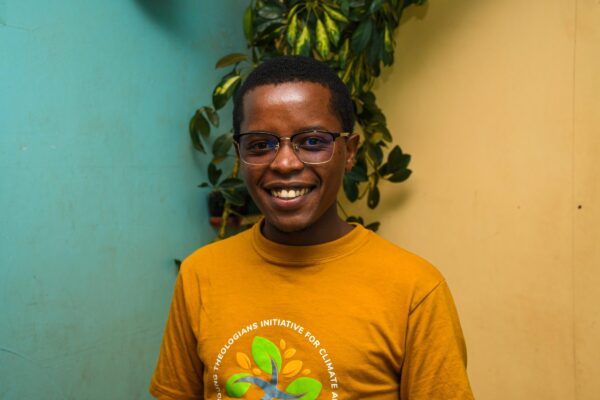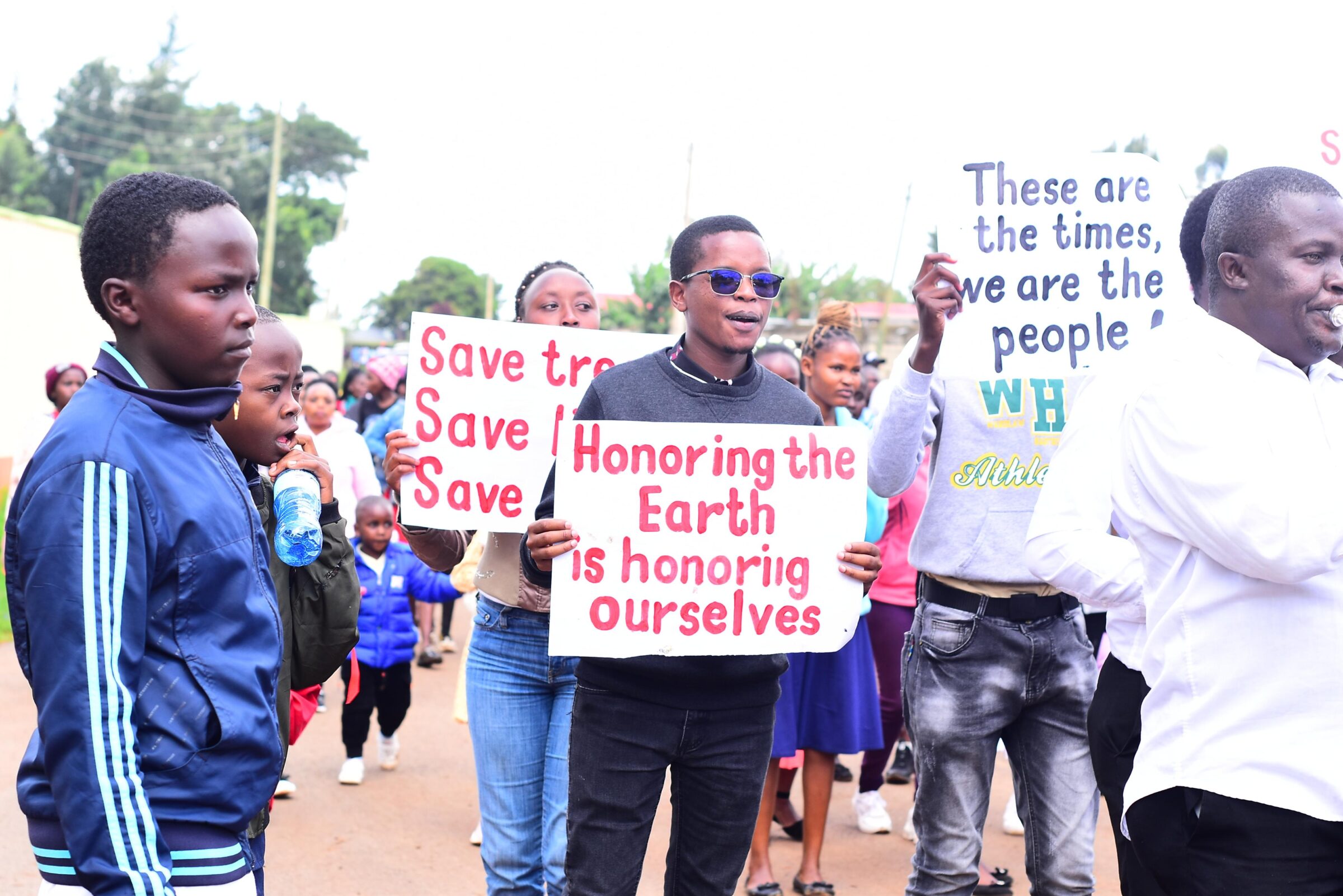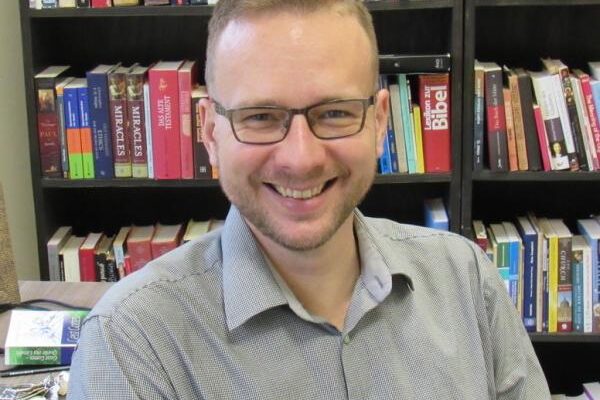
Peace and Climate Action
This reflection comes from the new learnings I’ve gained in Amsterdam, where I have been part of a globally diverse team of theologians in the Peace, Trauma, and Religion class. In my work as a climate activist in Africa, particularly in Kenya, I serve as the team leader of the Young Theologians Initiative for Climate Action (YTICA) hosted at St. Paul’s University. The importance of our work lies in addressing the climate crisis through environmental education with the church, scholars, communities, and children. Our approach to delivering eco-theology is deeply experiential, involving hands-on engagement with these groups.

However, many African countries are also facing crises of violence and unrest in varying degrees. Some of these conflicts are rooted in issues like resource scarcity, which is being exacerbated by climate change. The experience of learning about just peace has revealed a crucial link to me: we need to shape our climate agenda in a way that addresses the dual challenges of peace and climate action. On the one hand, achieving just peace in our countries can create a pathway to tackle the climate crisis more effectively. On the other hand, addressing climate change itself can contribute to peace by reducing the factors that fuel unrest and instability.
This relationship between peace and climate action has always been there, but it has become even clearer to me through my recent experiences. It is something that will guide and enhance our climate justice programs across different African countries. One of our shared goals as Africans is outlined in Agenda 2063— ‘The Africa We Want,’ which envisions an integrated, prosperous, and peaceful continent. By focusing on the interconnectedness of peace and climate action, we will make meaningful contributions towards achieving this vision for the future.
Africa: My Home; My Future
written by: Kevin Maina
Team Leader, YTICA
Commissioner, WCC- CCJSD








